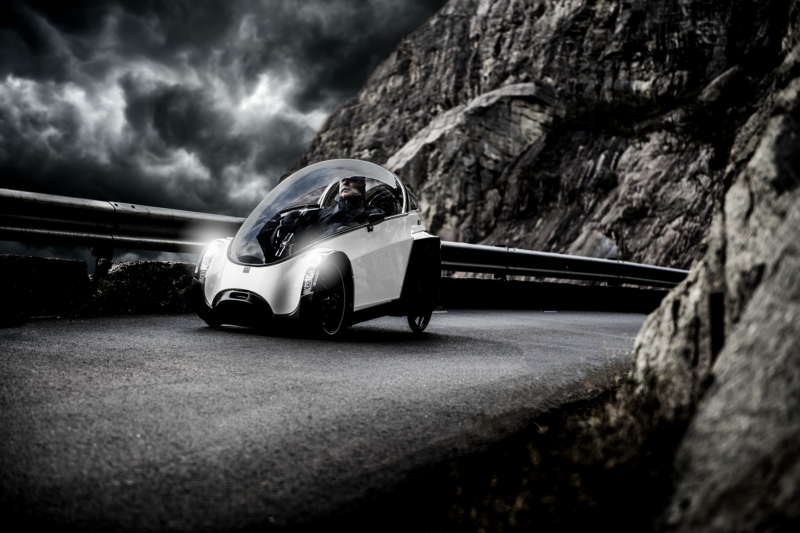Sign up for CleanTechnica’s Weekly Substack for Zach and Scott’s in-depth analyses and high level summaries, sign up for our daily newsletter, and/or follow us on Google News!
Podbike, the Norwegian startup known for its futuristic 4-wheeled velomobile/e-bike, the Frikar, has officially filed for bankruptcy, bringing an end to a bold attempt at reimagining urban mobility.
A Big Idea On A Tough Road
Podbike set out to change how people get around cities. Its flagship product, the Frikar, was part e-bike, part car: a weather-protected, pedal-assisted electric vehicle with four wheels, designed to offer the comfort of a small car while staying within bike lane regulations in Europe.
The idea caught the attention of micromobility enthusiasts across the continent. With growing concerns over urban congestion, climate change, and car dependency, the Frikar seemed like a glimpse into a cleaner, smarter transportation future. But even good ideas face hard realities.
What Went Wrong?
Despite strong early interest and a growing community of supporters, Podbike struggled to keep its business afloat. Rising production costs, persistent supply chain issues, and a sluggish economic climate all took their toll.
The company tried to raise new funding but couldn’t close the gap. In a heartfelt farewell on LinkedIn, CEO Bernt Rosli thanked customers, investors, and fans, writing:
“We are devastated! For our customers waiting patiently. For our partners and suppliers. And for you — our community — who lifted us higher than we ever imagined.
“To those of you who rooted for us, shared our vision, or sent us a message of encouragement along the way: thank you. You’ve been part of something rare and brave. Even though we didn’t reach the finish line, we’ll always be proud of the ride we shared.”
A Blow To Supporters & Customers
Podbike had started delivering Frikar vehicles in Norway in early 2023 and expanded into Germany, Switzerland, Belgium, and Austria in 2024. Many customers placed pre-orders and deposits, hoping to be among the first to own a Frikar.
Now, with the company in bankruptcy, some are left wondering if they’ll recover their investments. Podbike’s own terms and conditions warned that refunds may not be possible in the case of insolvency.
A Tough Lesson For Micromobility Startups
The shutdown highlights just how difficult it is for hardware-focused micromobility startups to survive, especially when they’re introducing something entirely new. Designing, manufacturing, and scaling a complex product like the Frikar requires serious capital and operational expertise.
Podbike had the vision. But in the end, the financial runway wasn’t long enough.
What’s Next?
Podbike’s story may have ended, but its impact will likely linger. The Frikar sparked real conversation about sustainable transport, and its unique approach could inspire future designs in the micromobility space. For now, the team has signed off, encouraging anyone with questions to reach out via email at hello@podbike.com.


Whether you have solar power or not, please complete our latest solar power survey.

Have a tip for CleanTechnica? Want to advertise? Want to suggest a guest for our CleanTech Talk podcast? Contact us here.
Sign up for our daily newsletter for 15 new cleantech stories a day. Or sign up for our weekly one on top stories of the week if daily is too frequent.
CleanTechnica uses affiliate links. See our policy here.
CleanTechnica’s Comment Policy


